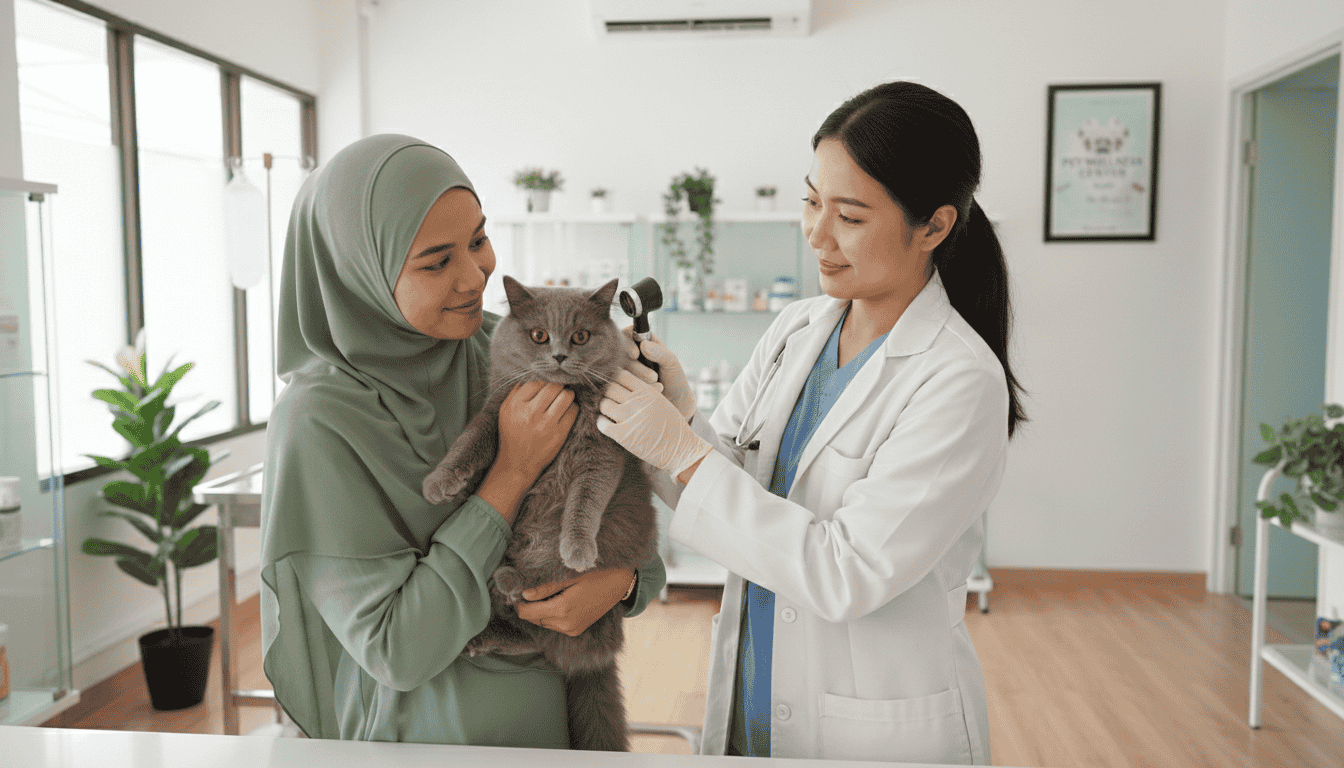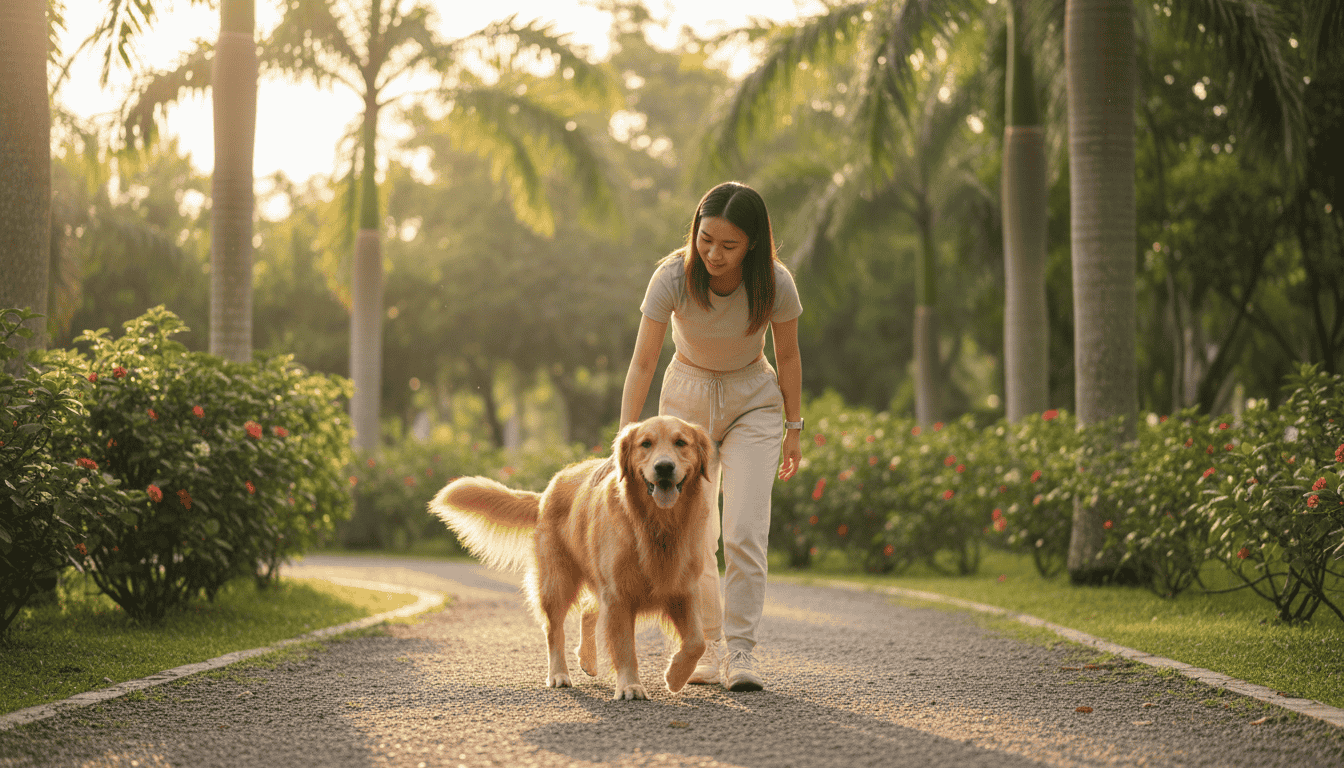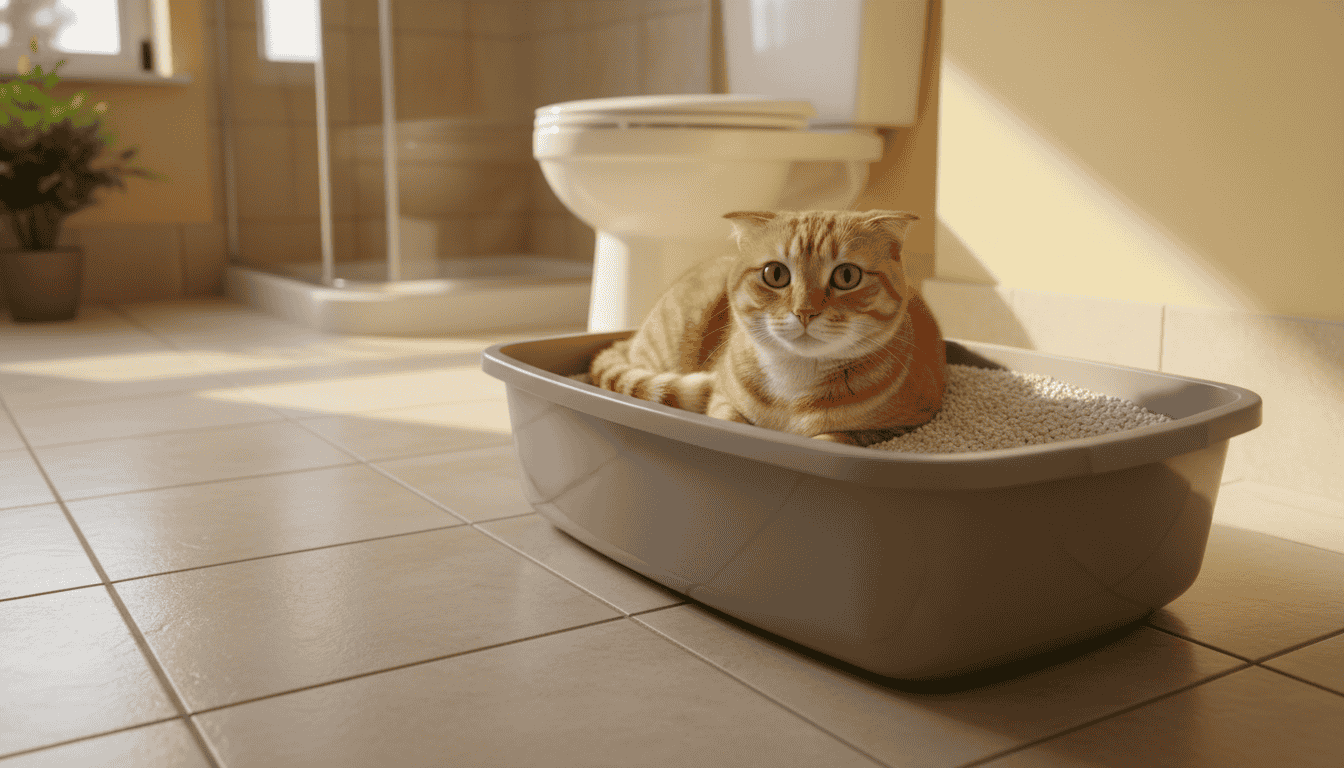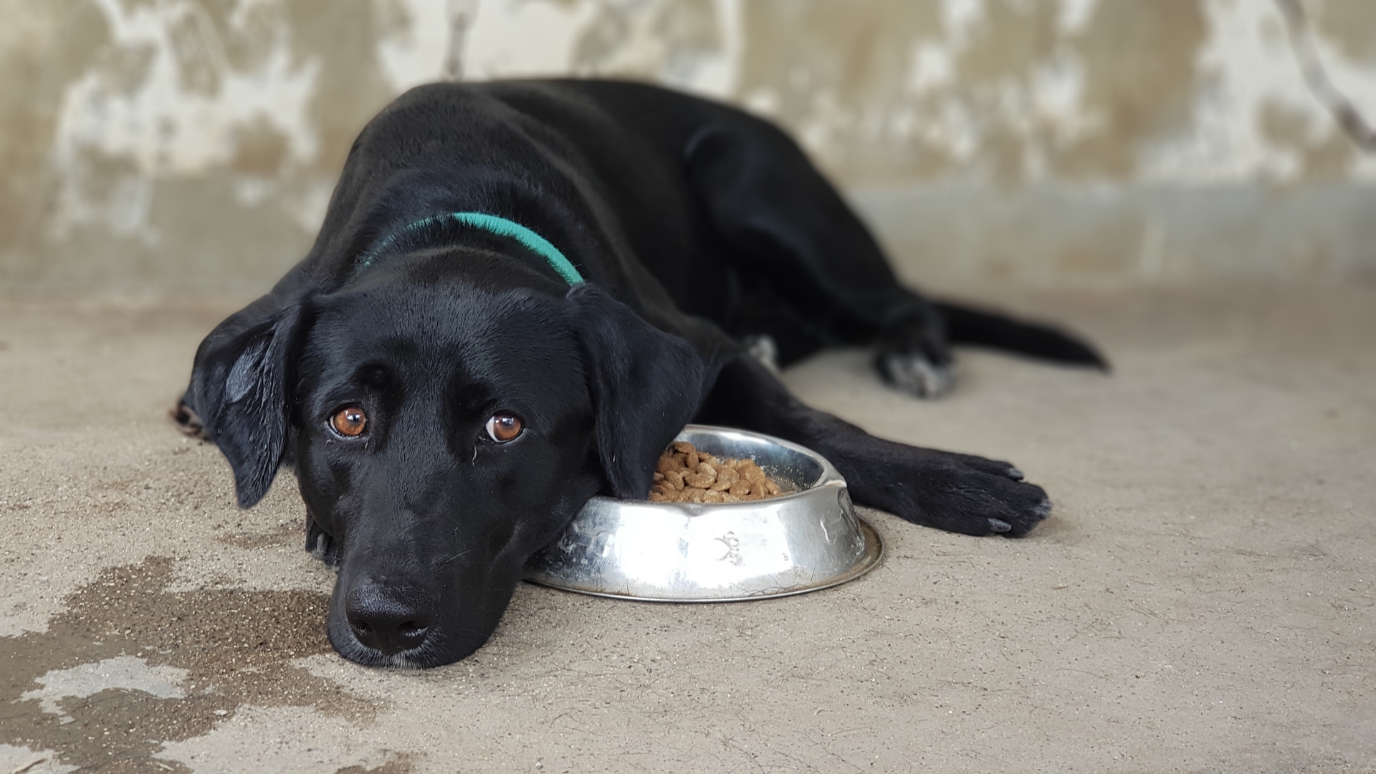
Whether you have had pet dogs for years or you have just recently adopted a puppy, it can be stressful for any furry parents when your dogs are not eating. It can often indicate an underlying medical condition that we are unaware of too. Dogs who have a decreased appetite or loss of appetite Should be treated carefully and almost immediately within 24 hours timeframe. It Should not be ignored as it is often a warning sign that something else could be going on without us noticing.
In this article, There will be some insights as to why your dog is not eating and what quick tips can help you to get to the root Cause of the issues. The first thing to keep in mind is how you are judging your dog’s appetite and to address the problem as early as possible.
Why Your Dog Won’t Eat
Just like us, most dogs can go a couple of days without food and there are a variety of reasons dogs might refuse to eat. The list of possible causes when your dog refuses to eat can include anything from pain, nausea, lethargy, and others including:
- Illness/Infection
Ranging from cancer to liver or kidney or even dental disease, which may be associated with age, symptoms such as diarrhoea and/or vomiting are no doubt one of the few issues causing your dog to not eat. In most cases, dogs with cancer and dogs vomiting yellow bile won’t eat due to the drastic loss of appetite.
- Recent Vaccination
Following immunization, it is typical for pets to suffer some or all of the moderate side effects listed below, usually commencing shortly after the vaccination. It's critical for you to get in touch with your veterinarian if these side effects persist for more than a day or two or cause your pet substantial discomforts such as mild fever, decreased appetite, lack of daily activity, mild coughing, and sneezing.
- Social and Emotional Issues
Anxiety can be brought on by changes in a dog's habits or surroundings, such as new people or dogs in the home, traveling, or loud noises like construction, storms, or fireworks. Simple things like moving a meal's time or location might stress out particularly sensitive dogs, which may make them less willing to eat. In other scenarios, a dog may avoid his or her food bowl due to intimidation from another pet in the home.
- Aging
Senior dogs may consume fewer calories than younger dogs because of the aging factor, but significant weight loss or a refusal to eat is abnormal and can signify serious underlying medical concerns. These include dogs with cancer, kidney and liver diseases and etc. Cognitive deterioration, movement problems, or visual loss are some of the few common issues with senior dogs.
- Recovering From Surgery
After surgery, it's normal for your dog to miss one or two meals. Along with the potential side effects of going home with certain prescriptions like painkillers and/or antibiotics, sedatives and anesthetics frequently result in nausea and decreased appetite.
- Medications
Some drugs can make a dog less hungry. This can be a problem if your dog is taking antibiotics or any other kind of medication. Before giving your dog food, wait at least fifteen minutes and be sure to carefully read all directions. By holding off, you'll make sure the medication has reached and coated your dog's stomach completely before any food is served.
Your Dog Is Not Eating But Drinks Water
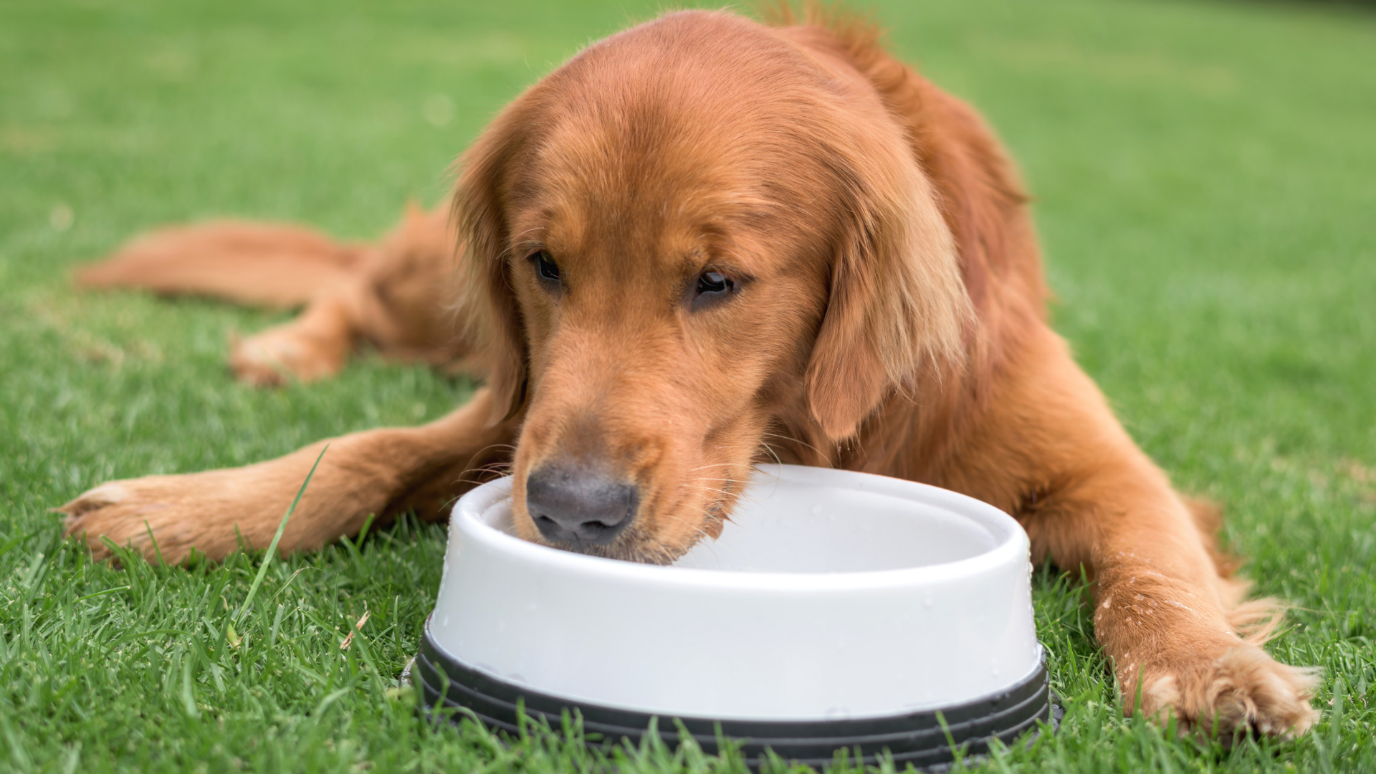
Your dog may be experiencing nausea, stress, or oral pain if he/she drinks water but does not eat. If you noticed that they started vomiting after consuming water, they should be seen by a veterinarian straight away because this could be a sign of severe motion sickness or a blockage in the digestive tract. Even if they are still drinking, they should be evaluated by their veterinarian to identify the underlying cause of their inappetence if they go more than 24 hours without eating.
If your dog hasn't drunk in 24 hours or more, take them to the vet straight away so they may be examined, and treated for possible dehydration.
Any condition that makes a dog feel unwell, including renal illness, pancreatitis, intestinal parasites, liver disease, cancer, infection, intestinal obstruction, etc., can make a dog refuse food and water. Dogs cannot go without water for more than a few days, much like humans, thus this should be taken seriously.
Visit these TOP 9 24-hour House Call Vet Clinics In KL & Selangor highly recommended by Oyen.
Is Your Dog Not Eating Dry Food/Kibbles Anymore?
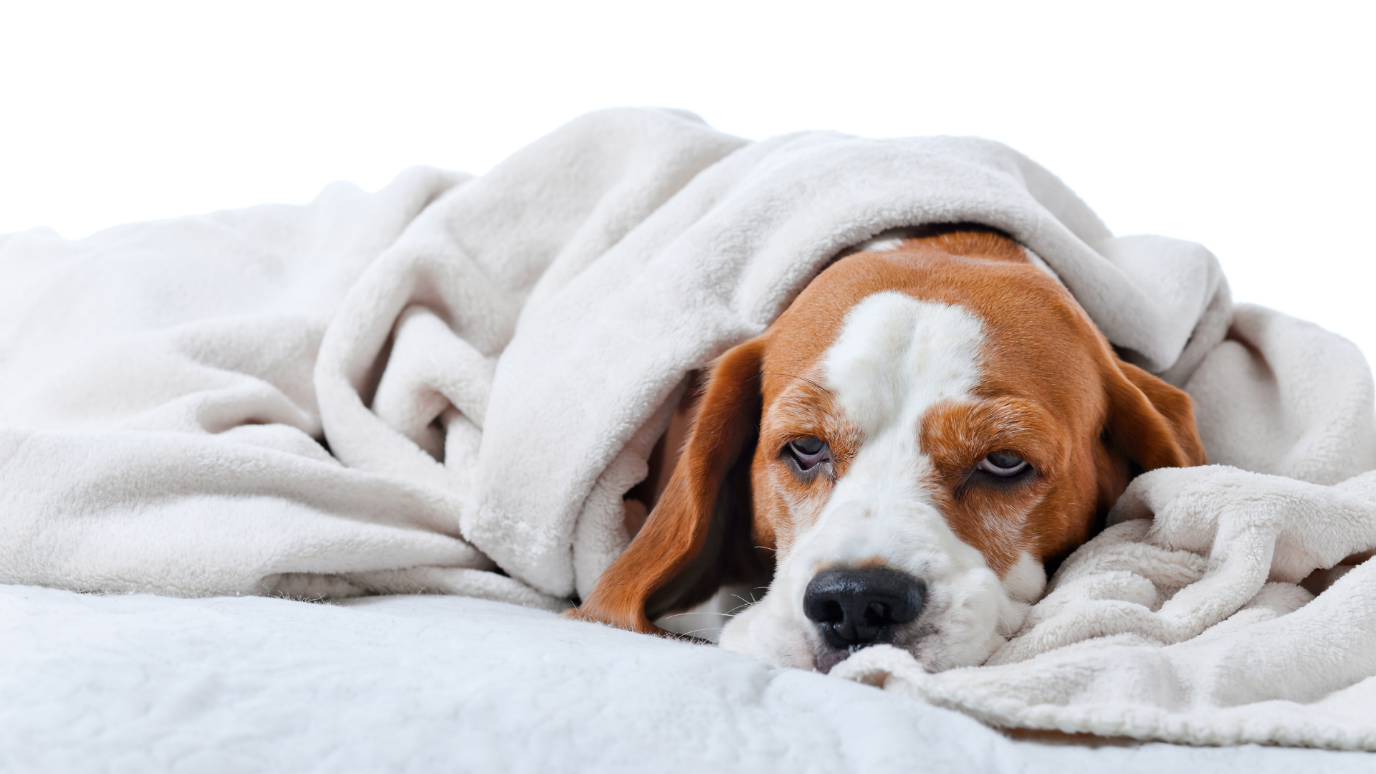
Does your dog reject dry food yet gobble up canned food as soon as you put it down? This is a typical pet owner complaint that might imply a number of different things.
Your dog can be experiencing tooth or mouth pain. Many pet owners mistakenly assume that if their animal companion is eating, they must not be experiencing mouth pain. Since they must eat, many dogs suffer in silence from oral pain for months or years before having any rotting or infected teeth.
Your dog should visit your veterinarian for an oral examination if you notice that they no longer want to eat dry food but will accept canned food since it typically has a stronger flavor.
To get your dog to eat more, try combining canned food with dry kibbles. Then, gradually increase the proportion of dry food until your dog is once again eating dry kibble.
Ask your vet if feeding your dog a diet made entirely of canned foods could be the best choice for them.
What To Do When Your Dog Refuses To Eat

Visit your veterinarian right away if your dog isn't eating and is also lethargic, vomiting, or has diarrhea with black stools.
The first thing to do if your dog won't eat is to give them some time. Dogs are able to go for several days without eating. Make certain they are drinking water only. A dog may occasionally refuse one meal. This is typical. Dogs, like us, don't always have a hunger pang. You might want to leave your dog's food out so they can graze on it as they need it throughout the day.
Your veterinarian may prescribe or suggest a prescription appetite stimulant if your dog has been refusing meals for an extended period of time or if they have a medical condition that suppresses appetite. Other stimulants mimic the hormone that makes your dog hungry while others alleviate nausea. In order to use this procedure effectively and receive the right stimulant, you and your veterinarian must first understand why your dog isn't eating.
You may also add water or low-sodium chicken broth to the dry food and let it soak for a while.
Another option to make the dog food enticing would be to preheat canned food for a brief period of time. Make sure to take it out of the metal can and put it into a microwave-safe bowl. To avoid tongue burns, feel the food before eating it since canned food can get scalding hot very rapidly.
To get them to eat, try adding some plain, skinless, boneless, boiled chicken and rice with their kibble.
Finally, you may also want to top the food with a probiotic supplement advised by a veterinarian. By re-establishing a healthy gut flora, it can not only improve the food's palatability but also speed the healing of any injured or irritated intestines.
What Can Dogs NOT Eat?

Here’s a list of tens of foods your dog should never eat:
- Chocolate. Chocolate contains a very toxic substance called methylxanthines that can stop a dog’s metabolic process
- Avocados. Avocados contain a strain of fatty acid called persin, which is toxic to your pup in large quantities.
- Onions and Garlic. These can cause anemia in your dog by killing his/her red blood cells.
- Grapes and Raisins. Eating this can cause kidney failure in dogs. Yikes!
- Milk and other Dairy Products. ‘Human’ dairy (cow, goat, cheese, etc.) products could make them sick as dogs don’t have the enzymes to digest properly.
- Macadamia Nuts. It can be poisonous to dogs in large quantities.
- Sugary foods and drinks. Just like us, they may experience weight gain, tooth decay, and even diabetes.
- Caffeine. It contains a stimulant that is toxic to dogs.
- Yeast dough. If eaten raw, this can rise and ferment in your dog’s stomach causing alcohol poisoning.
- Salt. Too much salt can lead to dehydration and even sodium ion poisoning. It is best to keep the quantity at a minimum.
Just as various diets have diverse effects on people, so do dogs. Vomiting, trembling in the muscles, a fever, severe scratching, limb weakness, diarrhea, respiratory issues, and sluggishness are all indications of poisoning or an allergic reaction. Get your dog to the vet right away if he displays any of these signs.
Visit these TOP 9 24-hour House Call Vet Clinics In KL & Selangor highly recommended by Oyen.
The Bottom Line
Just like any other human being, our furry pets too can suffer from loss of appetite due to various external and internal factors including the type of medications ingested and the decreased level of emotional well-being, respectively. Therefore, our judgment as pet parents is crucial in determining the type of food our furry kids should and should not be consuming and monitoring their daily activity as well as their appetite status. If you noticed that your dog or pup is not eating or drinking water for more than 24 hours, be sure to visit a vet clinic near you to identify the root cause of the problem and the right treatment.
Visit OYEN for more FREE PET GUIDES at https://www.oyen.my/blog or get yourself pet insurance today at www.oyen.my to ensure your pet’s safety and health.










%20(9).png)

